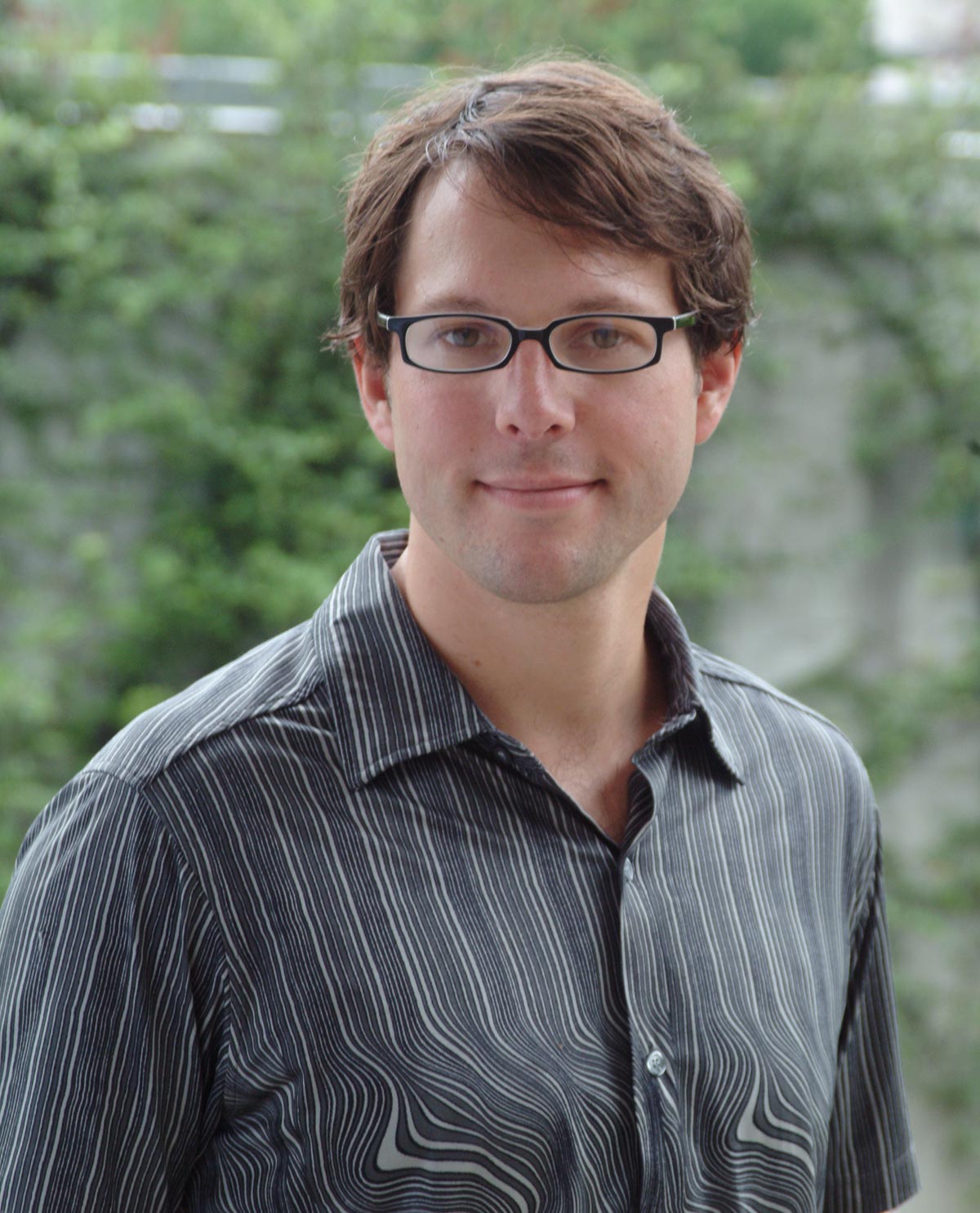Five institutes at the National Institutes of Health (NIH) and three private autism organizations have formed a consortium to pursue their common goal of understanding a devastating disorder. This public-private partnership has funded five grants—including one to Cold Spring Harbor Laboratory—to identify genes that may contribute to the development of autism and Autism Spectrum Disorders. The National Institute of Mental Health will administer the $10.8 million over the next five years.
At Cold Spring Harbor Laboratory, Dr. Jonathan Sebat’s project entitled, “Determining the Genetic Basis of Autism by High-Resolution Analysis of Copy Number,” will capitalize on the recent discovery of the existence and extent of the high variability of the human genome. Dr. Sebat will examine gene sequence data in order to identify genes and other genomic elements that have either been deleted (micro deletions) or repeated (some many times over). These extensive gene alterations may contribute to the range of Autism Spectrum Disorders.

The other grants were awarded to researchers at Rutgers University, the University of Medicine and Dentistry of New Jersey, the Robert Wood Johnson Medical School, the University of Iowa, and Emory University. The participating NIH institutes are The National Institute of Child Health and Human Development (NICHD), The National Institute on Deafness and Other Communication Disorders (NIDCD), The National Institute of Environmental Health Sciences (NIEHS), The National Institute of Mental Health (NIMH), and The National Institute of Neurological Disorders and Stroke (NINDS). The voluntary organizations contributing funds are Cure Autism Now (CAN), National Alliance for Autism Research (NAAR), and the Southwest Autism Research & Resource Center (SARRC). For more information, visit www.nimh.nih.gov.
Written by: Communications Department | publicaffairs@cshl.edu | 516-367-8455